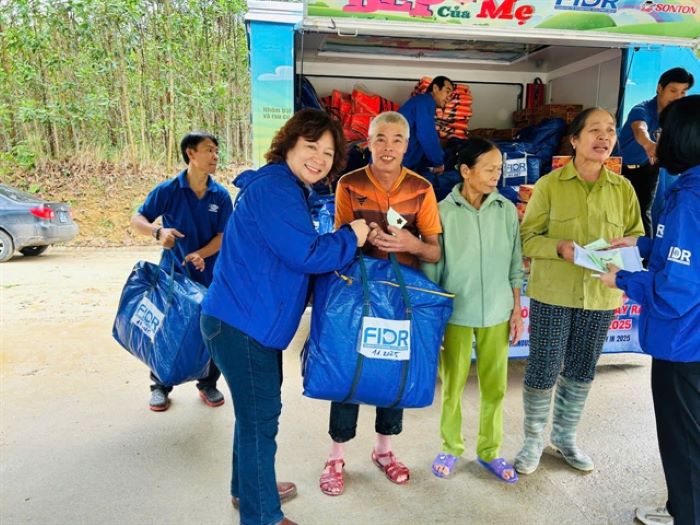Measles campaign to vaccinate 7.5m children
"More than 7,000 cases of measles were reported in 2009, that's why we've launched the campaign," said Nguyen Tran Hien, director of the National Expanded Programme on Immunisation (EPI).
The EPI campaign will especially focus on outlying provinces, and replace the previous policy that dates back to 2002, in which children previously received two measles vaccinations at nine months and six years of age.
Health experts explained that two vaccinations within nine months would increase resistance rates from measles to more than 95 percent.
However, health experts discovered that only 85 percent of children had been protected after receiving their first shot of measles vaccine.
The three-month campaign was part of a campaign to minimise outbreaks of measles by 2012, said Hien, who is also director of the National Institute of Hygiene and Epidemiology.
About 15 percent of children under the age of six faced the risk of catching measles, and potentially acted as measles carriers, infecting other vulnerable groups, said Hien.
According to EPI statistics, the measles outbreak in 2009 was the largest since the country began a second round of booster vaccinations.
Four months after the first case was found, the outbreak spread to 57 provinces and cities, then to all 63 localities. However, no fatalities were reported. The measles infection rate focused mainly on 1-5-year-old and 18-26-year-old groups.
Priority will be given to implementing the campaign in mountainous and remote areas in
Measles vaccines, syringes and injection needles were provided by the World Health Organisation through the United Nations Fund for Children.
According to EPI statistics, measles outbreaks occurred throughout the country, with more than 1,600 measles cases reported during the first eight months of 2010, of which nearly had 1,100 appeared in the south.







